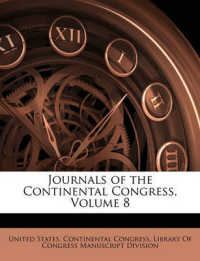Full Description
The impact of climate change on young people and future generations has become a key issue globally, and current international law-making processes insufficiently represent the interests of these groups. While ideally the interests of future generations would be mainstreamed, the authors argue that proxy-style mechanisms for representing future generations should urgently be pursued as a parallel strategy. This book analyses existing institutions in the UN which indirectly represent vulnerable groups and uses a novel combination of legal and philosophical methods based in the tradition of John Dewey's pragmatism and International Legal Realism. Chapters include case studies of climate change cases brought before international courts, tribunals and the UN envoy to demonstrate how representation of future generations can be implemented to bring about institutional reforms. Written in accessible language, it will make a useful reference for researchers, graduate students and policymakers in international environmental law, global environmental governance and environmental philosophy.
Contents
Preface; 1. Introduction; Part I. Normative Framework: Justifying Representation of Future Generations: 2. Proxy representation and the global legal order: integrating philosophical and legal perspectives; 3. The democratic ideal and its normative value for future generations; Part II. International Law and Institutions: 4. Criteria for evaluating mechanisms for representation of future generations; 5. Lessons from existing international institutions to represent vulnerable groups; Part III. Case Studies: 6. The ICJ advisory opinion on climate change and proxy representation of future generations; 7. A UN committee on the rights of the child case study: the Sacchi et al case Nicky van Dijk; 8. A UN special envoy for future generations; 9. Conclusion; Index.








